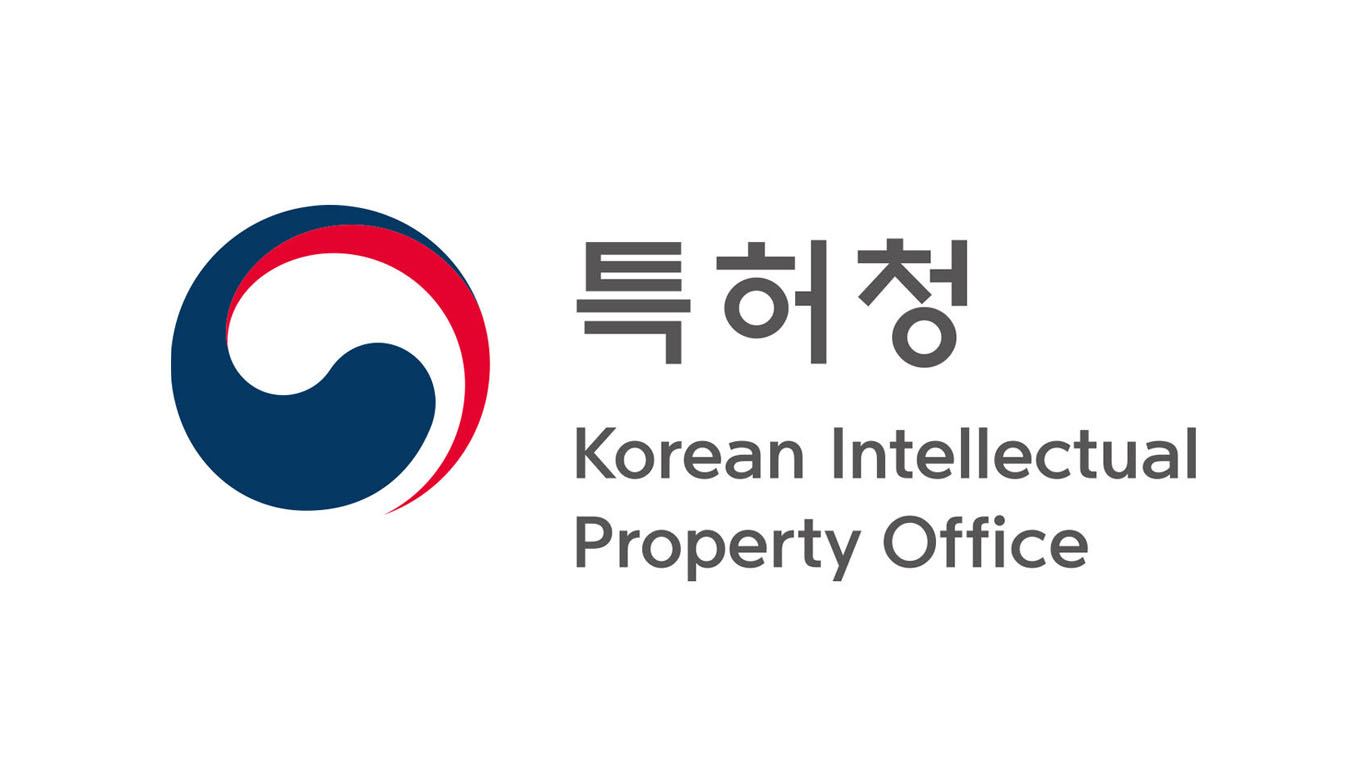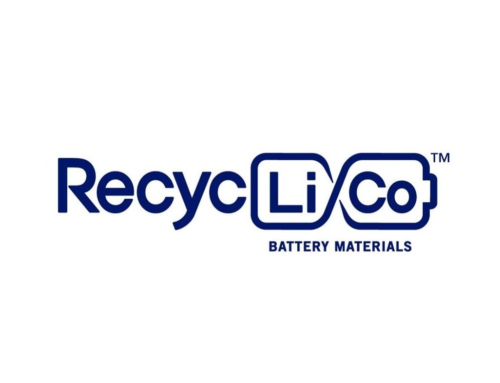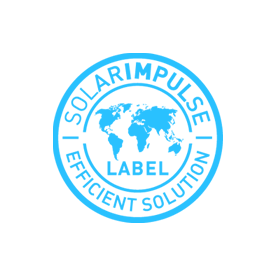RecycLiCo Battery Materials (“AMY” or the “Company”) is pleased to announce that the Korean Intellectual Property Office (“KIPO”) has granted Patent No. 10-2246670 for the Company’s lithium-ion battery cathode recycling process (RecycLiCo™), further strengthening RecycLiCo Battery Materials’s international Intellectual Property position as a company with an advanced recycling process. South Korea is well-respected for its innovation and development in all aspects of the lithium-ion battery industry, such as the production of batteries, cathode materials, anode materials, electrolytes, and separators.
“We are extremely excited to have been granted a Korean patent, as I believe it offers significant recognition of our research and development strategies,” said Larry Reaugh, President and CEO of RecycLiCo Battery Materials. “We continue to lead in recycling innovation and benchmark the extraction efficiency and quality potential of our hydrometallurgical process.”
The granting of the Korean patent confirms that RecycLiCo Battery Materials’s recycling research is both novel and inventive, which includes key aspects such as:
- Treatment of several cathode chemistries such as lithium cobalt oxide (LCO), lithium nickel manganese cobalt oxide (NMC), and lithium nickel cobalt aluminum oxide (NCA).
- Methods for achieving 100% extraction of cobalt, nickel, manganese, aluminum for all cathode chemistries tested.
- Method for achieving 100% lithium extraction by a novel locked cycle process.
The rapid growth in demand for lithium-ion batteries, particularly for electric vehicles, is coupled with an increasing concern for lithium-ion battery waste and the critical material supply chain. Existing recycling processes depend on complex and costly processing steps that can produce harmful emissions, wastewater, and poor material recoveries that require further third-party processing and refining before they can be processed into lithium-ion battery cathodes. The RecycLiCo™ patented process is designed with the goal of establishing a fully circular battery supply chain by recycling up to 99% of cathode material, and to regenerating new cathode materials that could be directly integrated into the re-manufacturing of battery cathodes – all using minimal processing steps.
The granted KIPO patent, U.S. Patent No. 10246343, U.S. Patent No. 10308523, and National Phase Patent Applications filed for in China, Japan, Europe, Australia, India, and Canada significantly strengthen RecycLiCo Battery Materials’s patent portfolio in relation to lithium-ion battery cathode recycling. In addition, AMY holds patents in the U.S., South Africa, China, and Canada in relation to manganese processing.
To learn more about patent laws worldwide and why it is important to protect intellectual property – click here.
About RecycLiCo Battery Materials RecycLiCo Battery Materials is a critical metals company focused on the recycling of lithium-ion batteries with the RecycLiCo™ Patented Process. The process provides high extraction of cathode metals, such as lithium, cobalt, nickel, manganese, and aluminum at high purity, with minimal processing steps. RecycLiCo Battery Materials aims to commercialize its breakthrough RecycLiCo™ Patented Process and become an industry leader in recycling cathode materials from spent lithium-ion batteries.
On behalf of Management
RecycLiCo Battery Materials
Larry W. Reaugh President and Chief Executive Officer
Share This Story, Choose Your Platform!
The Toronto Stock Exchange has not reviewed and does not accept responsibility for the adequacy or accuracy of this release. This news release may contain certain “Forward-Looking Statements” within the meaning of Section 21E of the United States Securities Exchange Act of 1934, as amended. All statements, other than statements of historical fact, included herein are forward-looking statements that involve various risks and uncertainties. There can be no assurance that such statements will prove to be accurate, and actual results and future events could differ materially from those anticipated in such statements. Important factors that could cause actual results to differ materially from the Company’s expectations are disclosed in the Company’s documents filed from time to time with the Toronto Stock Exchange, the British Columbia Securities Commission and the US Securities and Exchange Commission.




